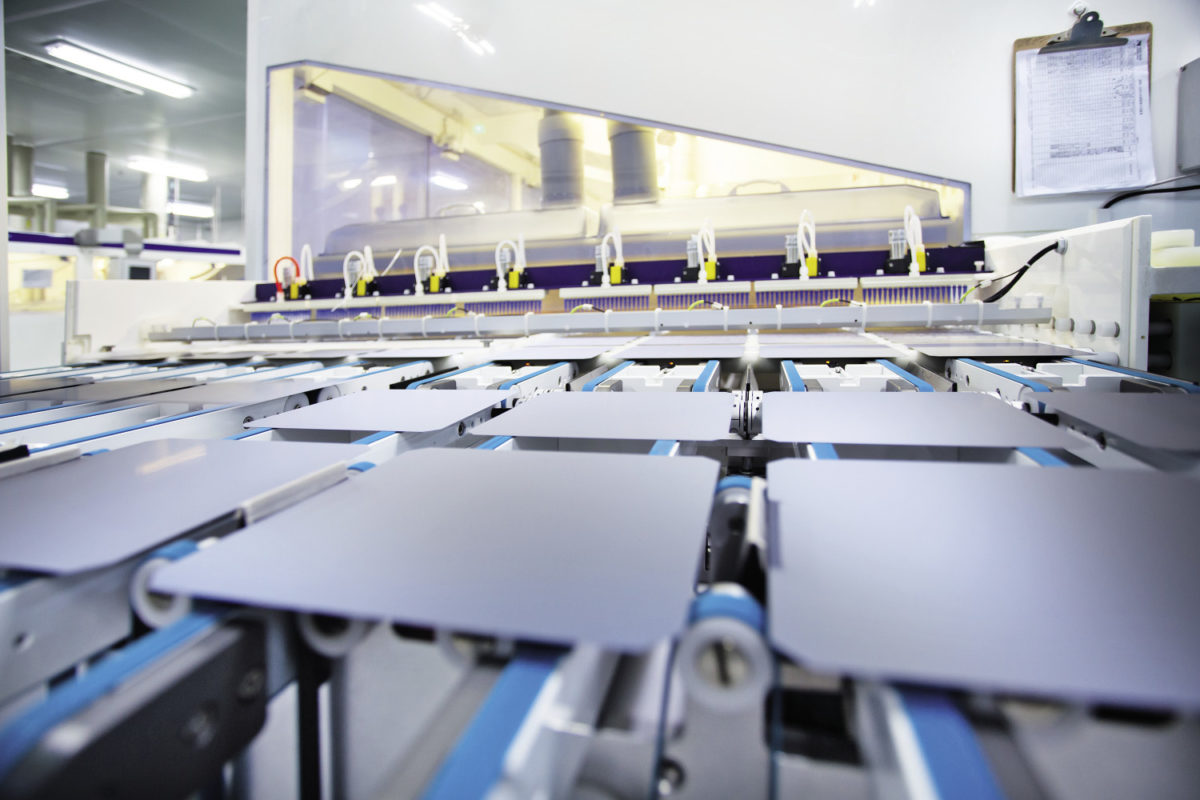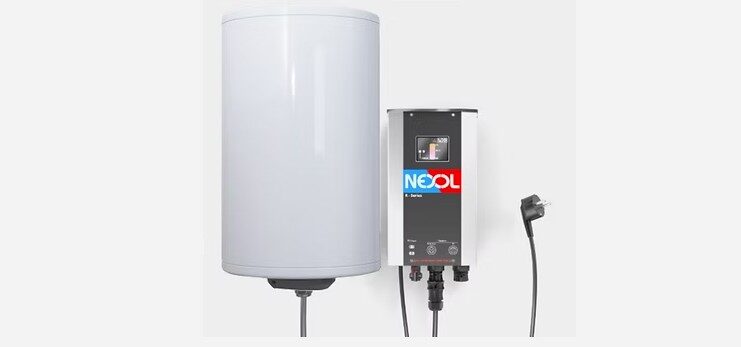Chinese solar manufacturers Longi and Tongwei yesterday announced their wafer and solar cell prices for November will remain unchanged. Longi said the M10 (182/247mm) wafers, with a thickness of 175μm will have a price of RMB3.9 per piece (US$0.582), while p-type M6 (166/233mm) 175μm wafers will be priced at RMB3.25 per piece. For 158.75/223 wafers, the price will be RMB3.1 per piece. Tongwei’s 158.75mm and 166mm mono PERC cells will be priced at RMB0.97 per Watt. For multi-crystalline cells, the price remained flat, at RMB0.62 per watt.
Panel manufacturer JA Solar on Sunday began production at its new factory in Yiwu, in central Zhejiang province. The fab produces panels based on 182mm cells and is set to reach a total cell and module capacity of 10 GW by 2023, in two phases. The 5 GW first phase is intended for completion next year. JA Solar signed an agreement with the Yiwu government in March, during the Covid-19 outbreak in China, and started construction in May.
Power company China Huadian Corporation is planning to invest RMB8.52 billion (US$1.27 billion) in a 2.2 GW solar power station linked to a 220 MW/440 MWh storage system. The project is planned for a mountainous region near Shuozhou City, Shanxi province. China Huadian said it hopes the project will be included in the national and provincial 14th five-year plan for renewable energy development.
Tianjin Zhonghuan Semiconductor reported moderate growth in the third quarter compared with many of its peers. The company posted revenue of RMB4.7 billion for a year-on-year, third-quarter increase of 16.2%. Gross earnings were RMB308 million, for year-on-year growth of 23%. Zhonghuan recently changed ownership and now belongs to the TCL Group consumer electronics business.
Almost 7.5% of the shareholders of Hong Kong-listed polysilicon maker Xinte Energy on Friday voted against a board proposal to raise the maximum amount the business could spend on coal from controlling shareholder TBEA, from RMB300 million (US$44.7 million) to RMB400 million. The proposal was passed, with the Xinte board citing rising coal prices and logistics expenses.
State-owned electric company China Power sold 37% more solar power to the end of September than in the first nine months of last year, with the 2019 figure of 2.65 TWh rising to 3.63 TWh. A third-quarter update to the Hong Kong Stock Exchange by the utility showed coal-fired power was the only generation source to have retreated year-on-year. China Power said it sold a total 64.6 TWh of electricity in the January-to-September window, a fall of 0.59% on sales during the same period of last year.
This content is protected by copyright and may not be reused. If you want to cooperate with us and would like to reuse some of our content, please contact: editors@pv-magazine.com.




By submitting this form you agree to pv magazine using your data for the purposes of publishing your comment.
Your personal data will only be disclosed or otherwise transmitted to third parties for the purposes of spam filtering or if this is necessary for technical maintenance of the website. Any other transfer to third parties will not take place unless this is justified on the basis of applicable data protection regulations or if pv magazine is legally obliged to do so.
You may revoke this consent at any time with effect for the future, in which case your personal data will be deleted immediately. Otherwise, your data will be deleted if pv magazine has processed your request or the purpose of data storage is fulfilled.
Further information on data privacy can be found in our Data Protection Policy.